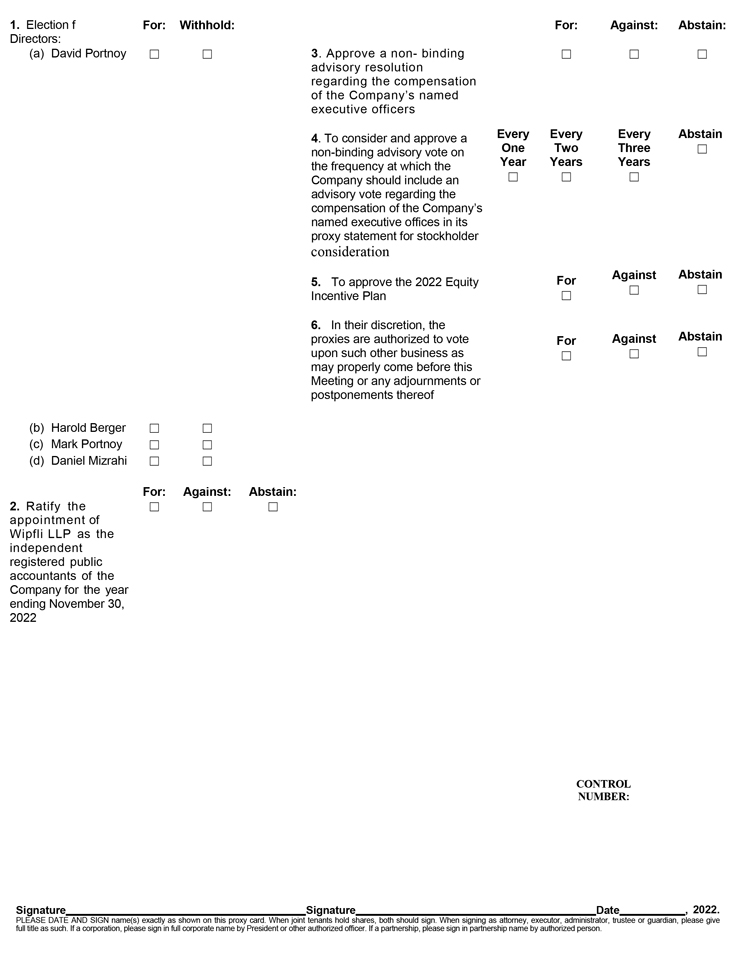5.2 Individual Limits.
(a) Options and SARs. The maximum number of Shares that may be subject to Options or SARs granted to any one Participant during any
calendar year shall be Seven Hundred Thousand (700,000). For purposes of this Section 5.2(a), if an Option is granted in tandem with an SAR, such that the exercise of the Option or SAR with respect to a Share cancels the tandem SAR or Option
right, respectively, with respect to such Share, the tandem Option and SAR rights with respect to each Share shall be counted as covering but one Share for purposes of applying the limitations of this Section 5.2.
(b) Restricted Stock Awards and Restricted Stock Unit Awards. The maximum number of Shares that may be subject to Restricted Stock
Awards or Restricted Stock Unit Awards which are granted to any one Participant during any calendar year shall be Five Hundred Thousand (500,000).
5.3 Types of Shares. The Shares to be issued pursuant to the grant or exercise of an Award may consist of authorized but unissued
Shares, Shares purchased on the open market or Shares previously issued and outstanding and reacquired by the Company.
ARTICLE VI
ELIGIBILITY AND TERMINATION OF SERVICE
6.1 Eligibility. Awards made under the Plan may be granted solely to individuals or entities who, at the time of grant, are Employees,
Directors or Consultants. An Award may be granted on more than one occasion to the same Employee, Director or Consultant, and, subject to the limitations set forth in the Plan, such Award may include, a
Non-qualified Stock Option, a Restricted Stock Award, a Restricted Stock Unit Award, an Unrestricted Stock Award, a Distribution Equivalent Right Award, a Performance Stock Award, a Performance Unit Award, a
Stock Appreciation Right, a Tandem Stock Appreciation Right, or any combination thereof, and solely for Employees, an Incentive Stock Option.
6.2 Termination of Service. Except to the extent inconsistent with the terms of the applicable Award Agreement and/or the provisions of
Section 6.3 or 6.4, the following terms and conditions shall apply with respect to a Participant’s Termination of Service with the Company or an Affiliate, as applicable:
(a) The Participant’s rights, if any, to exercise any then exercisable Options and/or Stock Appreciation Rights shall terminate:
(i) If such termination is for a reason other than the Participant’s Total and Permanent Disability or death, ninety (90) days after
the date of such Termination of Service;
(ii) If such termination is on account of the Participant’s Total and Permanent
Disability, one (1) year after the date of such Termination of Service; or
(iii) If such termination is on account of the
Participant’s death, one (1) year after the date of the Participant’s death.
Upon such applicable date the Participant (and such
Participant’s estate, designated beneficiary or other legal representative) shall forfeit any rights or interests in or with respect to any such Options and Stock Appreciation Rights. Notwithstanding the foregoing, the Committee, in its sole
discretion, may provide for a different time period in the Award Agreement, or may extend the time period, following a Termination of Service, during which the Participant has the right to exercise any vested Non-qualified Stock Option or Stock
Appreciation Right, which time period may not extend beyond the expiration date of the Award term.
(b) In the event of a
Participant’s Termination of Service for any reason prior to the actual or deemed satisfaction and/or lapse of the Restrictions, vesting requirements, terms and conditions applicable to a Restricted
A-7


